Chinese State Media Applauds Trump's Cuts to Voice of America
Beijing Welcomes Move to Defund US-Funded News Outlets Covering Authoritarian Regimes
Chinese state media has praised former US President Donald Trump's decision to cut public funding for news outlets Voice of America (VOA) and Radio Free Asia (RFA), which have long reported on authoritarian regimes.
The cuts have placed thousands of employees at risk, with at least 1,300 VOA staff members put on paid leave since the executive order was issued last Friday.
While critics have condemned the move as a blow to democracy, China's state-run Global Times welcomed the decision, accusing VOA of having an "appalling track record" in reporting on China. The paper went further, stating that the US government had now "discarded it like a dirty rag."
The White House defended the funding cuts, arguing that American taxpayers should not be responsible for supporting what it called "radical propaganda."
Impact on US-Funded Global Media Outlets
Trump’s order directly affects the US Agency for Global Media (USAGM), which funds independent broadcasters such as VOA, RFA, and Radio Free Europe. These outlets have gained international recognition for reporting in regions where press freedom is severely restricted, including China, Cambodia, North Korea, and Russia.
Although authorities in many of these countries have banned their broadcasts—VOA, for instance, is officially prohibited in China—audiences have found ways to access content through shortwave radio and virtual private networks (VPNs).
Radio Free Asia has often exposed human rights violations, including crackdowns in Cambodia and China's detention of Uyghur Muslims in Xinjiang. It was among the first media organizations to reveal the existence of mass detention centers in the region. Beijing denies the allegations, insisting that the camps are "re-education centers" aimed at combating extremism.
RFA’s reporting has also drawn criticism from Cambodia’s former authoritarian leader, Hun Sen, who hailed Trump's cuts as a "significant step toward eliminating fake news."
VOA, known primarily as a radio broadcaster, has won awards for its reporting on North Korean defectors and allegations that the Chinese Communist Party covered up Covid-19 deaths. Last year, it received recognition for its podcast covering rare protests against China’s strict Covid lockdowns.
However, China's Global Times labeled VOA a "lie factory," celebrating the cuts.
"As more Americans begin to break through their information cocoons and see a real world and a multi-dimensional China, the demonizing narratives propagated by VOA will ultimately become a laughing stock," the newspaper said in a Monday editorial.
Hu Xijin, former editor-in-chief of Global Times, reacted with enthusiasm, writing, "Voice of America has been paralyzed! And so has Radio Free Asia, which has been just as vicious toward China. This is great news."
Backlash and Concerns Over Press Freedom
Valdya Baraputri, a VOA journalist who lost her job over the weekend, said such reactions from Beijing were "predictable."
“Eliminating VOA, of course, allows channels that are the opposite of accurate and balanced reporting to thrive,” she told the BBC.
The National Press Club, a leading organization representing US journalists, condemned the decision, arguing that it "undermines America's long-standing commitment to a free and independent press."
Founded during World War II to counter Nazi propaganda, VOA currently reaches around 360 million people weekly in nearly 50 languages. Over the decades, it has provided uncensored news in regions such as China, North Korea, Cuba, and the former Soviet Union. It has also served as an educational tool for English learners in China.
VOA director Michael Abramowitz criticized Trump's order, warning that while US-backed media has been weakened, "America’s adversaries, like Iran, China, and Russia, are sinking billions of dollars into creating false narratives to discredit the United States."
Baraputri, an Indonesian journalist based in Washington, DC, first joined VOA in 2018. Her visa was terminated when Trump's administration ended, but she rejoined in 2023, believing in the organization's mission to provide "unbiased, factual reporting free from government influence."
Now, she feels "betrayed" by what she once believed about press freedom in the US. She also expressed concern for colleagues who may be forced to return to their home countries, where they could face persecution for their journalism.
Global Reactions and Legal Challenges
The Czech Republic has urged the European Union to intervene to keep Radio Free Europe operational. The outlet currently broadcasts in 27 languages from 23 countries, reaching over 47 million people each week.
RFA chief executive Bay Fang has vowed to challenge the cuts, calling them a “gift to dictators and despots” such as the Chinese Communist Party.
“Cutting funding to these outlets benefits America’s adversaries at our own expense,” he said.
Radio Free Asia, established in 1996, reaches nearly 60 million people weekly across China, Myanmar, North Korea, Cambodia, Vietnam, and Laos. In China, it broadcasts in multiple languages, including Tibetan and Uyghur.
While Chinese state media has cheered the move, it remains difficult to gauge public reaction within China, where internet access is heavily censored.
Outside China, however, those who have relied on VOA and RFA over the years have expressed disappointment and concern.
"Looking back at history, countless exiles, rebels, intellectuals, and ordinary people have persisted in darkness because of the voices of VOA and RFA," wrote Chinese dissident Du Wen, now living in Belgium.
"If the free world chooses to remain silent, then the voice of the dictator will become the only echo in the world."

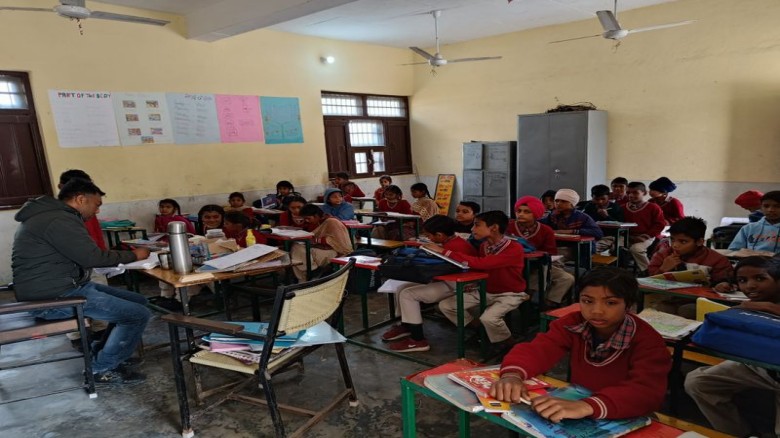
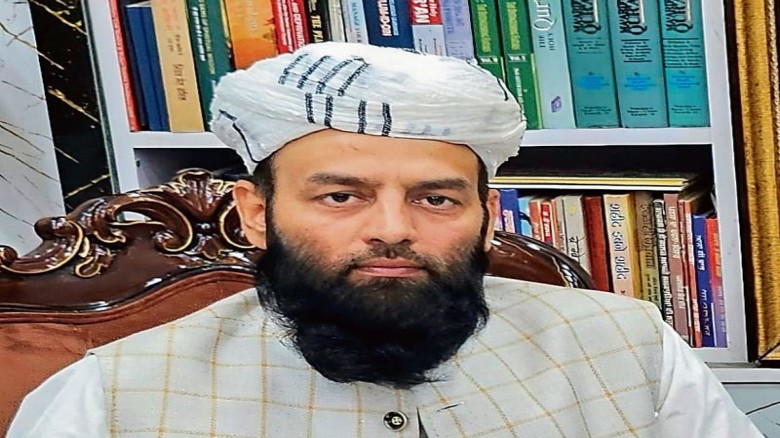

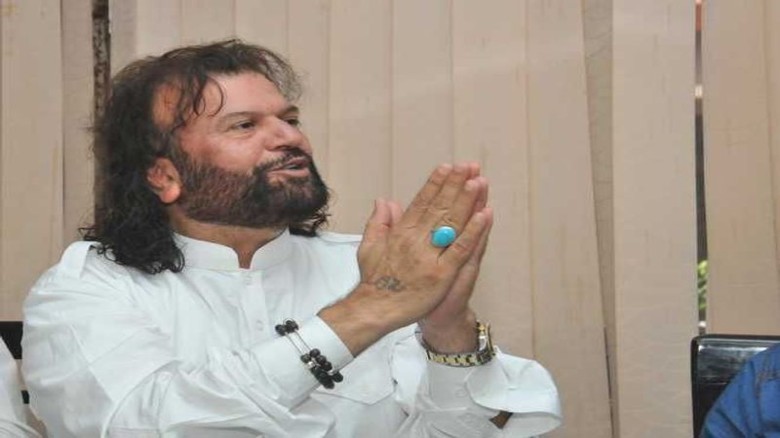




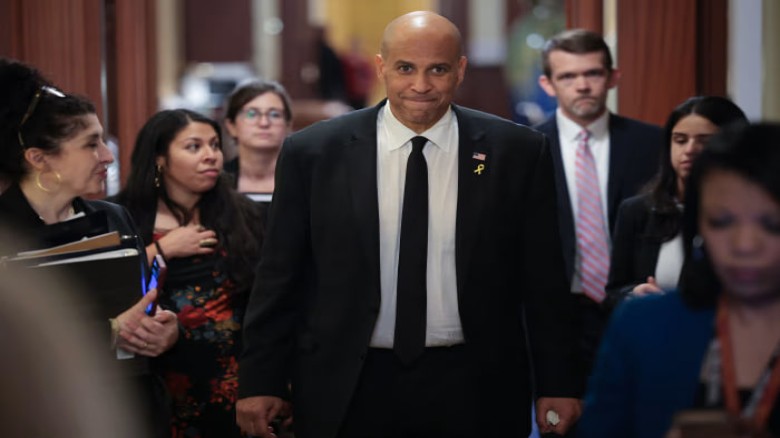




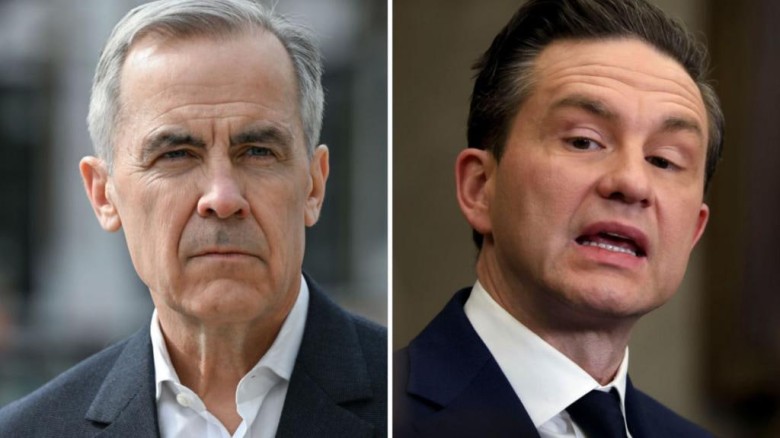
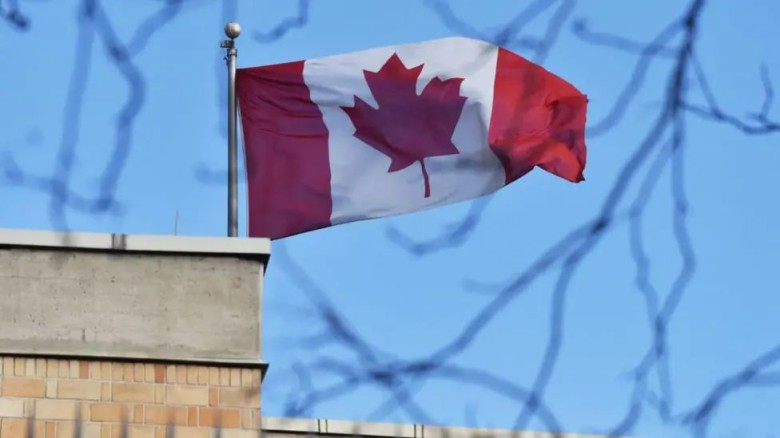
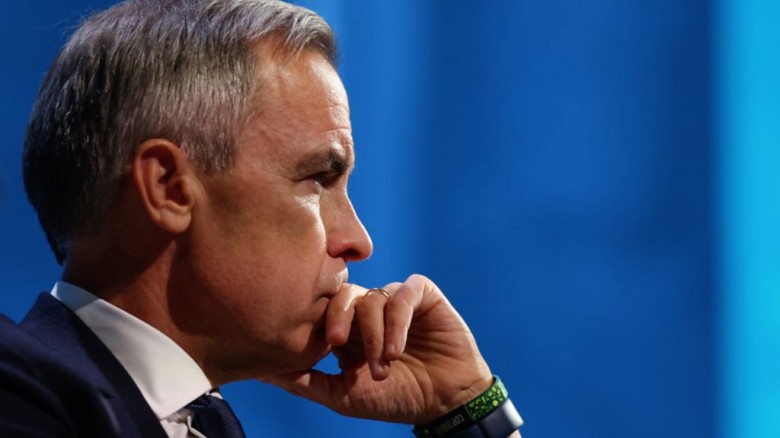

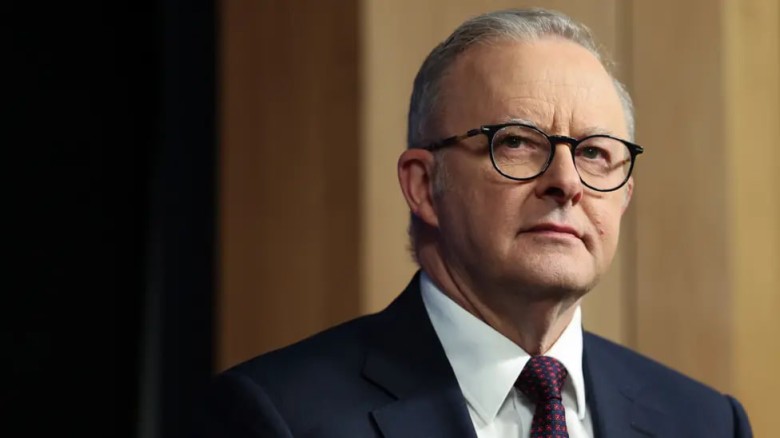



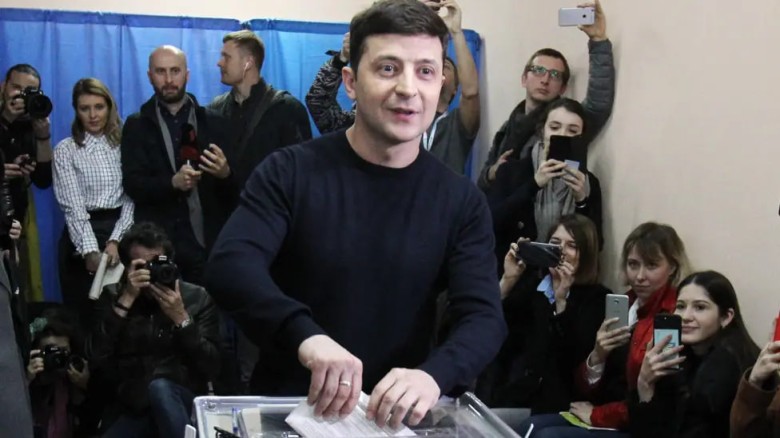
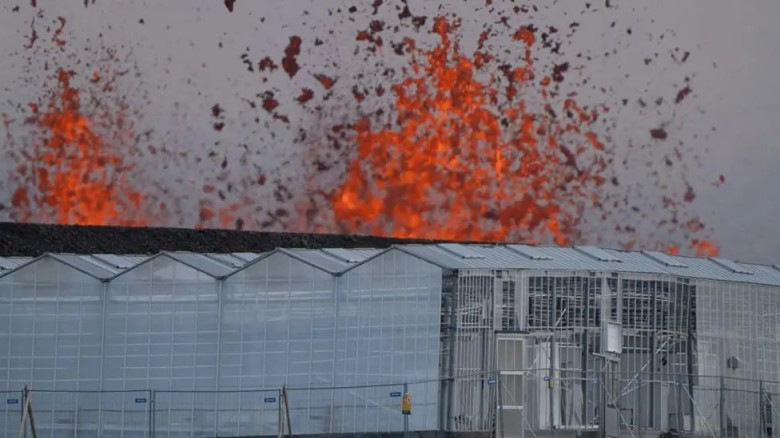
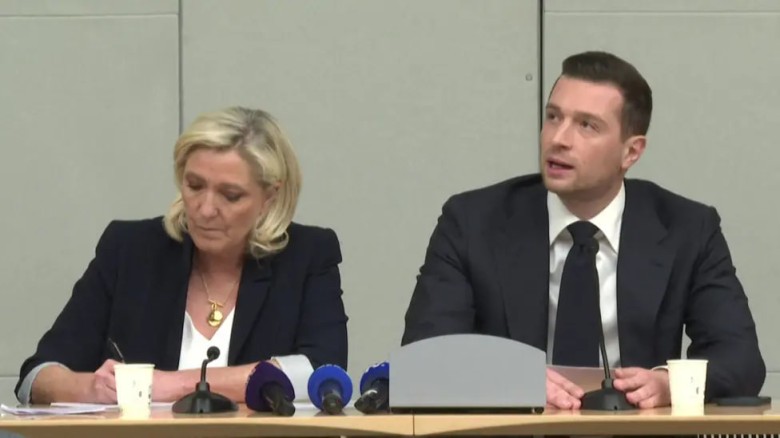
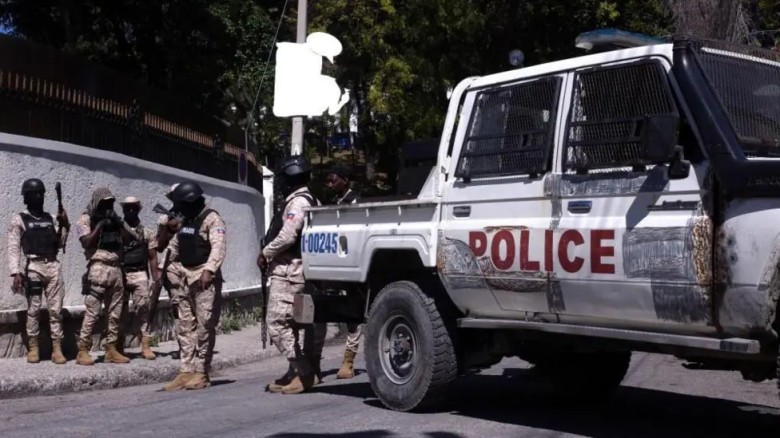








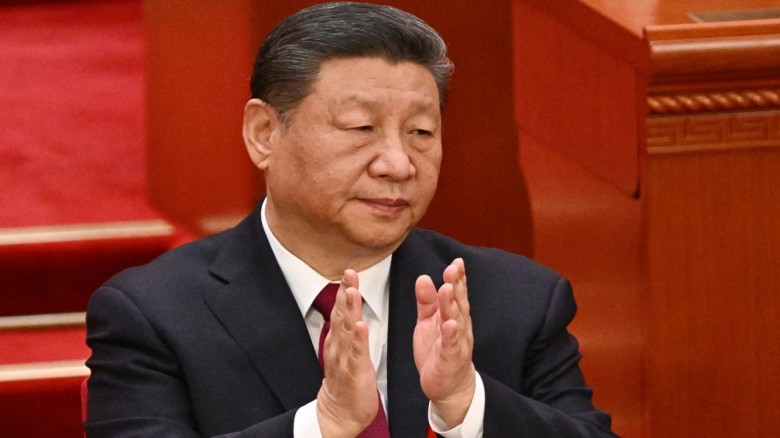
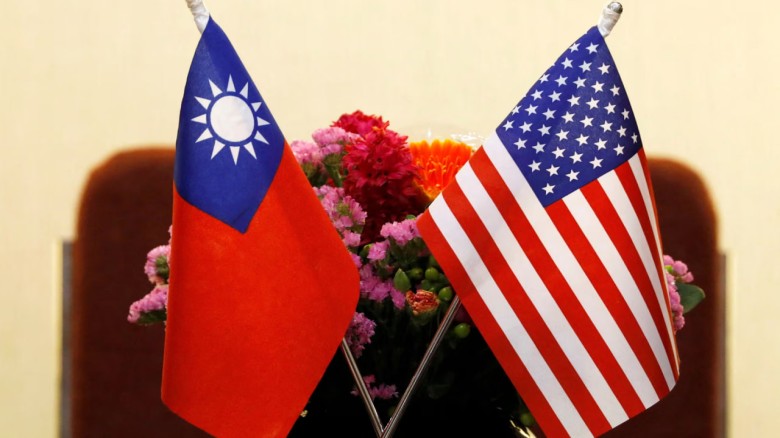



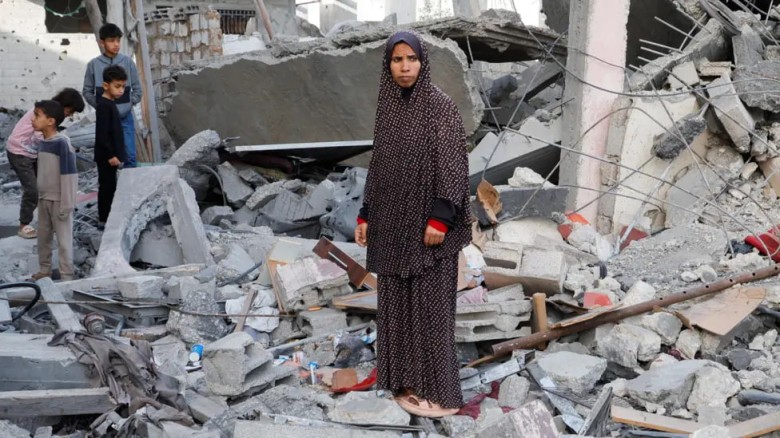
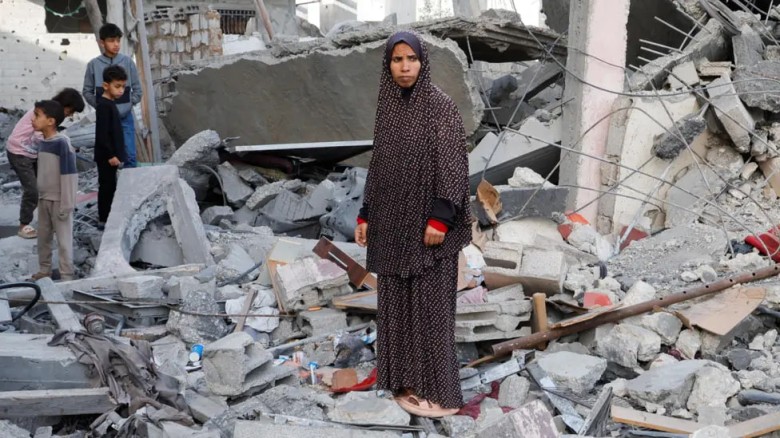

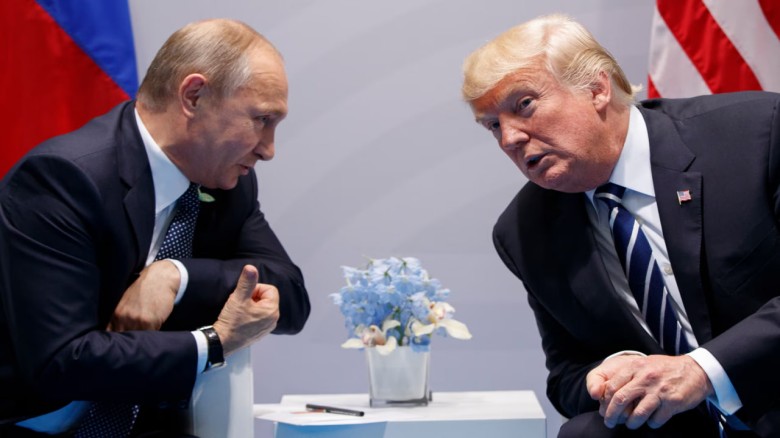
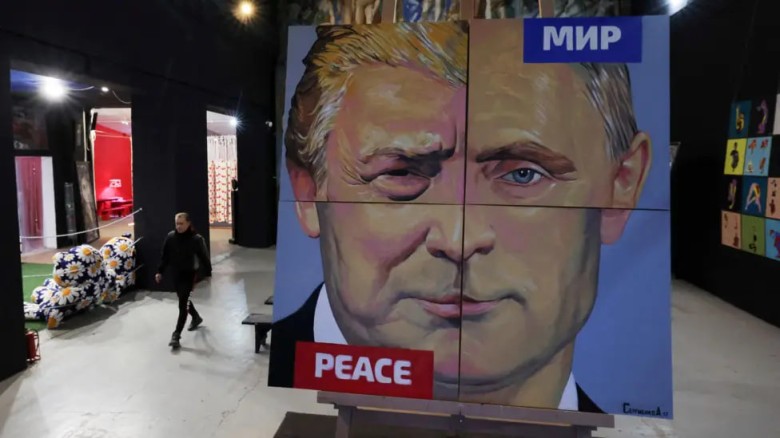






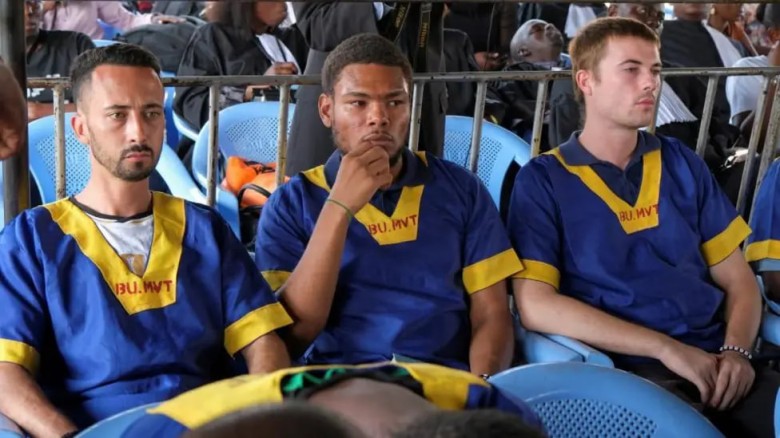
















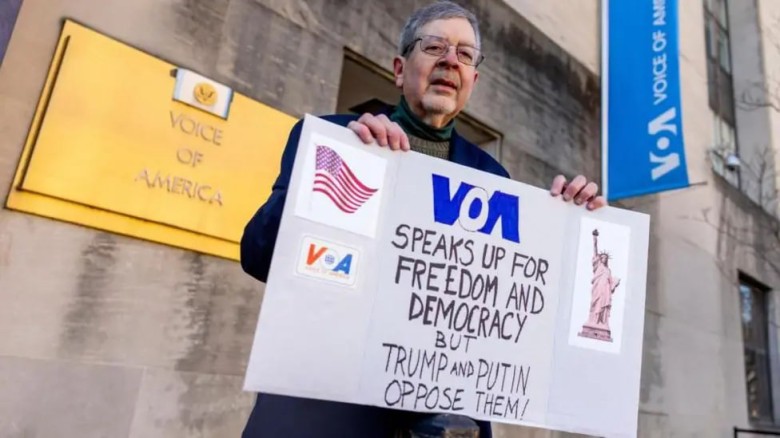


Leave A Comment